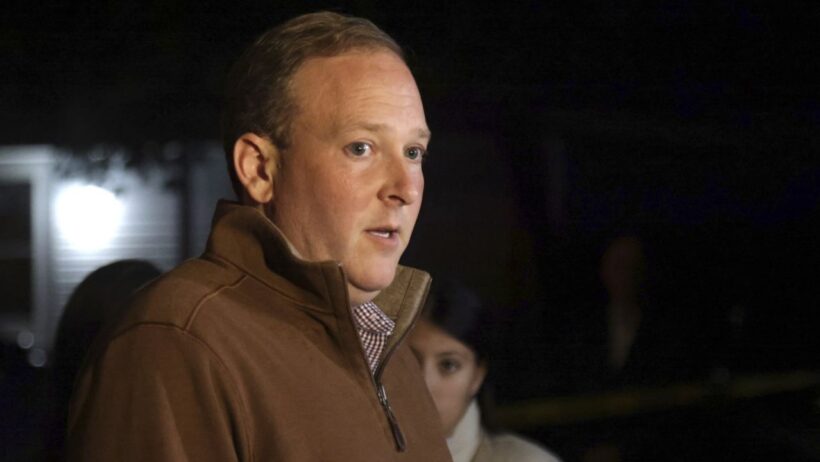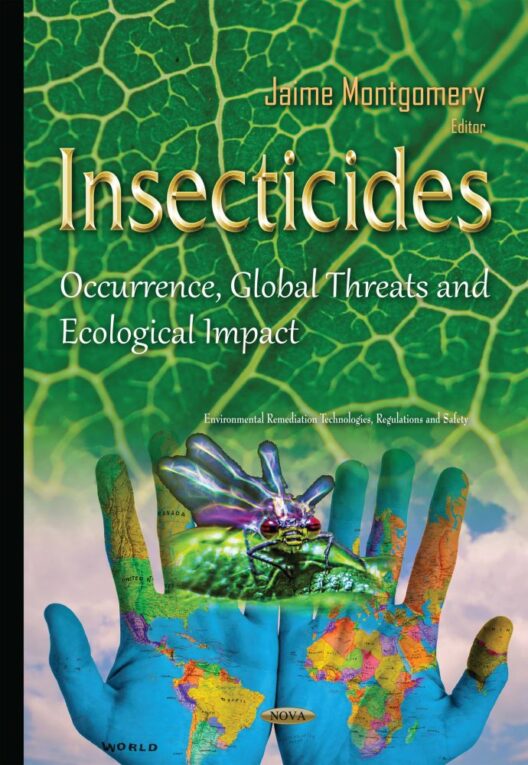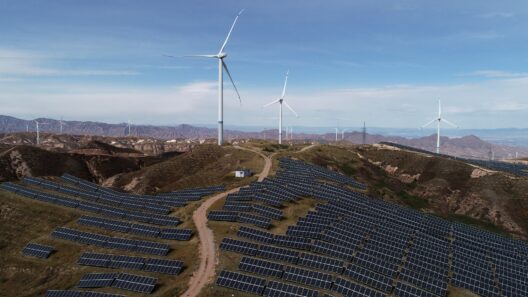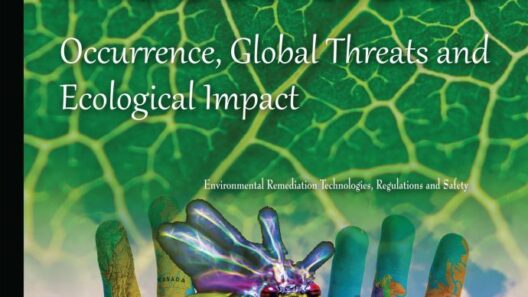Lee Zeldin, a prominent figure in New York politics, has consistently found himself at the nexus of discussions surrounding climate change and global warming. His political stance reflects a broader dichotomy often perceived in American politics: the relationship between environmental policies and party alignment. As a Republican, Zeldin’s views on global warming may not be as aligned with those of climate activists as some would hope, yet his rhetoric and legislative actions warrant scrutiny and analysis.
One prevailing observation is that many Republican politicians exhibit skepticism towards climate change, often dismissing scientific consensus in favor of economic interests. This skepticism plays into a larger narrative that pits environmental protections against economic growth. In the case of Zeldin, this paradigm raises questions about his true beliefs concerning global warming and its implications for policy. While he has acknowledged climate change on occasion, the deeper reasons for his political positioning merit exploration.
Historically, Zeldin has emphasized job creation and economic stability as essential priorities. This focus is pivotal in understanding why some politicians, including Zeldin, may sidestep a more robust affirmation of climate change science. The argument often posited is that environmental regulations can hinder economic expansion. Yet, this correlation is increasingly contested, with numerous studies indicating that investment in green technology and renewable energy projects can yield substantial economic rewards in the long run.
Zeldin’s district, which encompasses parts of Long Island, has weathered its share of environmental challenges. Residents have grappled with the consequences of rising sea levels, increased flooding, and extreme weather events—all phenomena substantially linked to climate change. Despite this, Zeldin’s focus has often remained on immediate economic concerns, rather than addressing the underlying issues of climate resilience and sustainability. This raises the question: could there be a tangible disconnect between his constituents’ environmental experiences and his policy initiatives?
Furthermore, it is imperative to consider the impact of party loyalty on Zeldin’s stance. The Republican Party has largely adopted a skeptical narrative regarding climate change, promoting the idea that it is a hoax or exaggerated for political gain. In this context, aligning with the party line may influence Zeldin’s public pronouncements concerning global warming, regardless of his personal beliefs. This contextual framework suggests that political affiliation can often eclipse scientific understanding and moral responsibility in public discourse.
Many within the Green Movement argue that politicians like Zeldin serve as representatives of a flawed ideology that prioritizes short-term gains over long-term sustainability. The detriment of such an approach is palpable, as communities face the ramifications of climate inaction. Zeldin’s occasional endorsements of clean energy initiatives may stem from constituents advocating for such measures, yet this raises a broader question about the authenticity of his commitment to combating climate change. Is he truly invested in promoting sustainable practices, or is he merely reacting to the pressures of his electorate?
Another aspect to consider is the extent to which political contributions influence environmental policies. Campaign financing has been a contentious issue, where large donations from fossil fuel industries can sway political leaders towards anti-environmental stances. An analysis of Zeldin’s campaign contributions may reveal a correlation between his policy decisions and the investments of energy corporations. This relationship is a common thread in politics—donors seek to protect their interests, while politicians may feel compelled to reciprocate through favorable legislation.
Moreover, the portrayal of climate change as a nonpartisan issue is often undermined by the intense polarization present in contemporary politics. Environmentalists fight for a universal acknowledgment of climate change, yet the entrenched ideologies of political figures like Zeldin complicate this ideal. Climate change, as a global existential threat, ideally transcends political boundaries; however, the embrace or denial of its reality often becomes an extension of one’s political identity.
As we delve deeper into the issue, it becomes evident that Zeldin’s public communications—while occasionally acknowledging the significance of climate change—do not go far enough in suggesting decisive action. Acknowledging the problem without proposing substantial remedies risks complacency. Climate activists urge the necessity of policy reforms that prioritize renewable energy, carbon emissions reductions, and a commitment to international agreements to combat climate change, such as the Paris Accord. Engaging positively with these proposals could propel his political narrative toward a more progressive and proactive stance.
The intersection of politics and environmental advocacy embodies a complex landscape filled with challenges. Addressing global warming requires an intersectional approach that includes policymakers like Zeldin recognizing their constituents’ legitimate concerns regarding environmental degradation. This endeavor may ultimately necessitate rebuffing party loyalty in favor of collaborative action that encompasses diverse viewpoints toward sustainable practices.
In conclusion, the examination of Lee Zeldin’s position on global warming reveals a broader pattern of political dynamics at play. His engagement with environmental issues is often cannibalized by party alignment and the immediate concerns of economic growth. The challenge lies in encouraging political leaders across the spectrum to recognize the imperative of environmental stewardship not as a hindrance, but rather as an opportunity for innovation and progress. Only through a cohesive understanding of the intertwining of economic, social, and environmental health can a viable path forward emerge—a path that redefines what it means to prioritize the planet amidst the tumult of politics.








